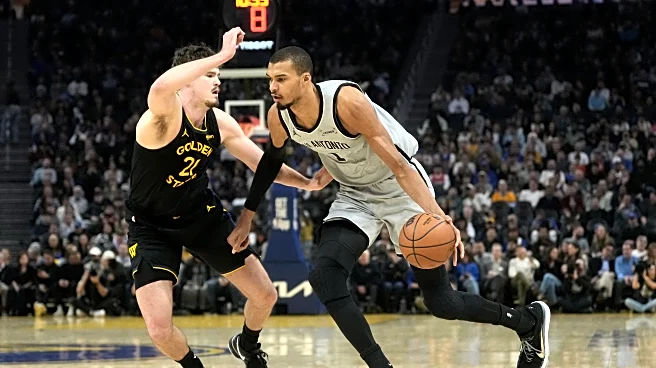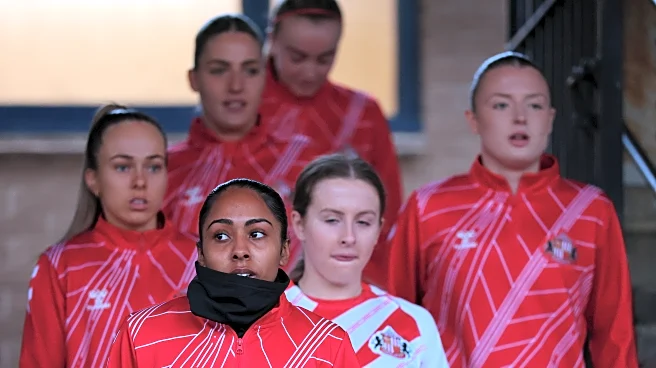Rapid Read • 7 min read
Oklahoma State coach Mike Gundy has expressed skepticism regarding the College Sports Commission (CSC), a new body established to regulate Name, Image, and Likeness (NIL) transactions in college athletics. The CSC was formed following the NCAA v. House settlement and is tasked with overseeing NIL deals and a revenue-sharing model that began on July 1. Despite its intentions, the CSC has faced opposition from NIL collectives and legal challenges, leading to a clarification of its guidelines. Gundy argues that the CSC lacks authority and suggests that college sports require a single leader to manage these issues effectively. He advocates for a unified leadership approach similar to the NFL's model, emphasizing the need for equality and revenue-sharing across the country.
AD
The establishment of the CSC and its regulation of NIL transactions is a significant development in college sports, addressing long-standing concerns about athlete compensation. However, the pushback from collectives and legal challenges highlight the complexities involved in implementing these changes. Gundy's call for a single leader reflects broader dissatisfaction with the current oversight structure, which includes both the NCAA and CSC. This situation impacts not only football but other college sports, affecting coaches, athletes, and institutions. The debate over NIL and leadership in college sports could lead to significant policy changes, influencing how college athletics are governed and how athletes are compensated.
The CSC will continue to navigate legal challenges and opposition from NIL collectives as it attempts to establish its authority. Discussions around leadership in college sports are likely to persist, with figures like Penn State's James Franklin advocating for a commissioner role. The ongoing debate may prompt further dialogue among stakeholders, including coaches, administrators, and legal experts, to find a sustainable solution for NIL regulation and leadership in college sports.
AD
More Stories You Might Enjoy












